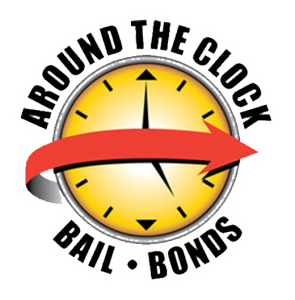What is a Bounty Hunter?
When a defendant skips on bail, a bounty hunter can track down the fugitive for money, assisting law enforcement, bail bondsmen, and the public in the process. In contrast to the bounty hunters of long ago–who brought in fugitives dead or alive based on the demands of wanted posters–modern bounty hunters handle arrests and transport to jails.
Bounty Hunters & Bail Bonds
When a person is arrested, a judge will decide upon a bail amount that must be paid to free that person from jail until his or her scheduled court date. The purpose of bail is to increase the odds that the defendant will appear in court for trial. Defendants who present a high flight risk or danger to others may be denied a bail amount altogether. However, most defendants are given a set bail amount.
Often, defendants who cannot afford the bail amount seek out a bail bondsman, like those at Around the Clock Bail Bonds, to post bail for them. In exchange, the bondsman receives some portion of the total bail amount. If the defendant appears in court on the scheduled date, the bail is returned in full to the bail bondsman. However, if a defendant skips on bail, the bondsman is left with an unpaid bond. This is when they call in a bounty hunter.
Role of the Bounty Hunter
A bondsman cannot necessarily depend on law enforcement to track down the fleeing defendant. Instead, the bondsman hires the services of one or more bounty hunters to handle this task. The work is not easy, however if pays off well both in monetary value and in excitement. In fact, many bounty hunters have been known to value the thrill of the hunt over their income, which can be as high as $80,000 per year. Regardless of why they do their job, bounty hunters are more likely than law enforcement to find the offender, catching nearly 90 percent of defendants who jump bail.
Bounty hunters use a variety of techniques and tools in their search for criminals. Before taking any action, a bounty hunter will often compile research to determine where the target is hiding. This might include finding license plate numbers, addresses, social security information, phone numbers, and more. In addition, they may talk to family members, friends, or other acquaintances. Although it is not always necessary, bounty hunters typically carry some type of protection in case the target is dangerous.
Bounty Hunting and the Law
Bounty hunters are backed by U.S. law and even have greater arrest capabilities than local police agencies. By signing off on a bail bond, the accused sign away some of their constitutional rights giving bounty hunters the power to enter private property and arrest a defendant without reading them their rights. However, some aspects of a bounty hunter’s career are restricted by laws in certain states. For example, bounty hunters must be licensed or registered in some states, and others only let bounty hunters take custody of bail jumpers after local police have made the arrest.


